by Rabbi Yair Hoffman for the Five Towns Jewish Times
Written for the Refuah Shleimah of Boruch Zev Ben Bracha and for Moshe Ben Chana.
Reading is important. It makes you smarter. Research has shown that the brain functions just like any muscle in the body – the more you stimulate it – the more it develops. Indeed, research that was done on dyslexic children showed that a mere 80 hours of reading intervention increased reading levels by some two years. All of this brings us to a question that many people struggle with each week. What is the halacha regarding reading secular books on Shabbos? Before we get to secular books, however, it would behoove us to get a background on the general prohibition and what is included in it.
SECULAR DOCUMENTS
The Gemorah in Shabbos (115b and 149a) demonstrates that there is a Rabbinic prohibition in reading something called “Shtarei Hedyotos” on Shabbos. This term can best be translated as “secular documents.” What is included in secular documents? This seems to be a debate between Rashi and the Rosh on one side, and the Rambam on the other side. Rashi and the Rosh indicate that it refers to legal type documents such as a sales contract or bookkeeping records. The Rambam (in his Peirush haMishnayos chap. 23), on the other hand, also includes the friendly letter.
REASON
Just as there exists halachic debate as to what is included within the parameters of “secular documents”, there is debate as to the reason why Chazal enacted the prohibition in the first place. The Rosh (Shabbos 23:1) explains that it is on account of the verse in Yishayahu (58:13),”Mi’m’tzo cheftzecha v’daber davar.” This verse is interpreted by Chazal as a mandate for them to forbid actions words and thoughts that do not pertain to Shabbos. The Rambam (Hilchos Shabbos 23:19), on the other hand, states that the reason is so a person will not do things as he does during the week and come to the prohibition of erasing.
FURTHER INCLUSIONS
The Gemorah (Shabbos 149a) includes other types of writing in this prohibition as well, lest one come to read secular documents. Other types of writing included in the prohibition is the reading of a guest list, and reading writing that is under artwork.
The Poskim have ruled that there is a prohibition of reading advertisements in a newspaper or magazine on account of the halacha of Shtarei Hedyotos. Not included in the prohibition is any sign the content of which is a Dvar Mitzvah (Mogen Avrohom OC 307:16).
What about advertising a new Sefer that came out or the sale of Tefillin? These items involve a Mitzvah – are Mitzvos included in the prohibition? The Orchos Shabbos (Vol. II p.388) cites a ruling in the name of Rav Nissin Karelitz that if the price is not included in the advertisement – it is permitted.
SERIOUS PROHIBITION
The prohibition is a serious one. Indeed, although we do not rule like this view, Rabbi Nechemiah is of the opinion (Shabbos 116b) that one may not even read the third section of Tanach on Shabbos (Kesuvim) so that people will say “If you cannot read Holy Writings, certainly one may not read secular documents.”
AND NOW SECULAR BOOKS
The Bais Yoseph (OC 308) cites the view of the Rishonim that books of Chochma – wisdom are not included in the prohibition of the extension of it. The question is, what is included in “wisdom?” Certainly sciences, the study of nature, and the study of medicine and biology are included in wisdom as seen from the Rashba and the Ramban cited in the Bais Yoseph.
There seems to be a debate between the Bais Yoseph who writes that the Rambam would not have allowed Books of Chochma and the Vilna Gaon (cited in the Mishna Brurah 308:124) who writes that it would be permitted even according to the Rambam.
The Shulchan Aruch (307:17) would therefore forbid the study of science since he cites teh Rambam generally while citing the opinion of the Rashba as a “Yesh Omrim” – there is an opinion. The Ramah, however, does permit it. The Mishna Brurah (307:5) writes, that although the minhag is to allow it, for a G-d fearing person it is worthy to be stringent.
All categories of Torah writing are permitted to be read. Certainly math and the classical sciences would also be included in Chochma. A few weeks ago a former student had asked me about studying an Anatomy and Physiology textbook. After determining that her sole interest was to pass a test and that in fact, she did not have any desire to know about which muscle system or bone system fit into what area, it was clear that this should not be considered a science.
What of news? The Shmiras Shabbos K’Hilchasa (29:46-47) writes that the essential halacha is to permit it. Many Poskim, however, disagree with this and state that this was the view of the Yaavetz and others back centuries ago when there was an active mortal danger to the Jewish people.
BUSINESS BOOKS, ECONOMICS, CARPENTRY
But what about business, economics, or carpentry? Or what about other softer sciences, so to speak? Rabbi Yitzchok Rubin in his Orchos Shabbos (Vol. II p. 391) writes that these should not be included in the definition of Chochma. However, this author has spoken to Poskim who have a much broader definition of what is considered Chochma.
Is there a possibility that reading quality books that would increase the intelligence of the reader might also be permitted? This author has heard varied opinions on the matter. Each person, of course, should consult his own Rav or Posaik as to what type of books would be included in the leniency.
ONLY TORAH
There is also the issue discussed in the Psikta Rabbasi (23:40), “Lo nitnah Shabbos elah l’talmud Torah – Shabbos was only given for the study of Torah” that should be taken into account. The Chofetz Chaim once explained that the merit of learning Torah on Shabbos is 613 times the merit that one receives for learning Torah during the week. Thus learning Torah on just one Shabbos is equivalent to learning some two years in Kollel – fulltime. This can be an enormous motivation to learn more on Shabbos.
The author can be reached at [email protected]


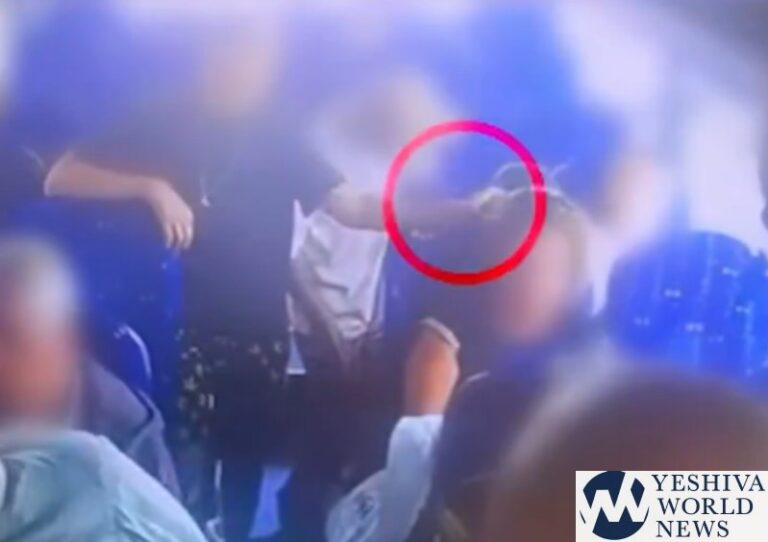
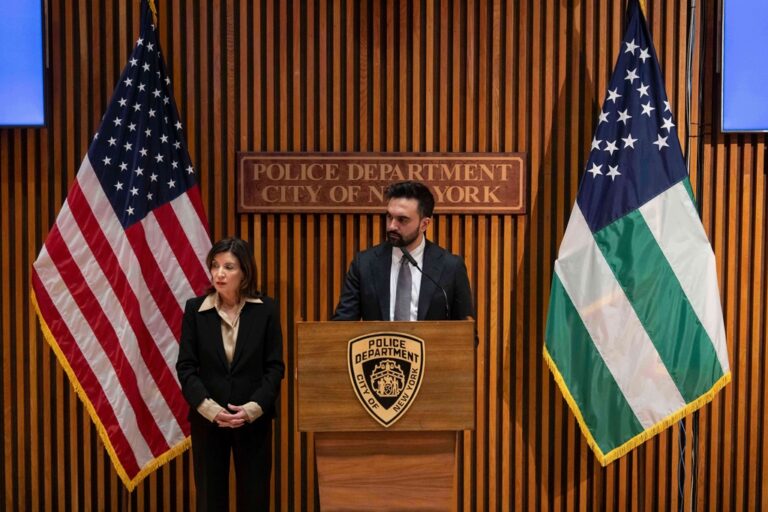
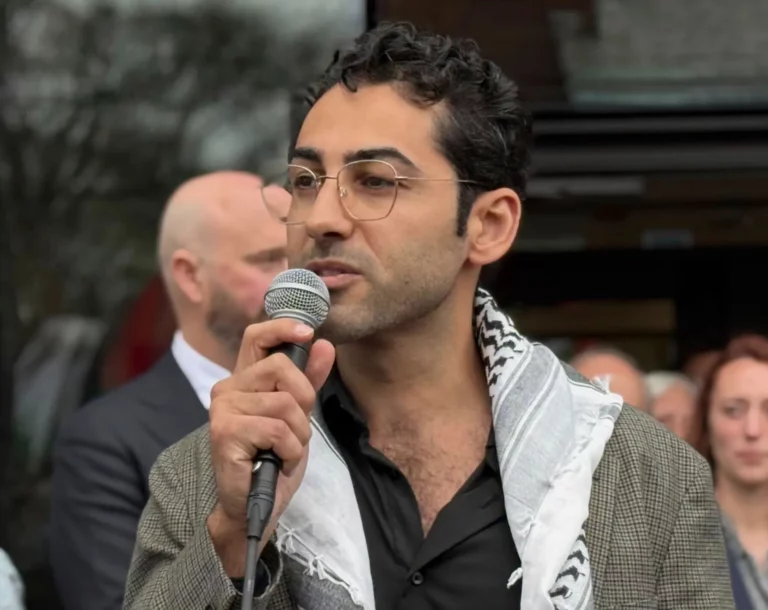

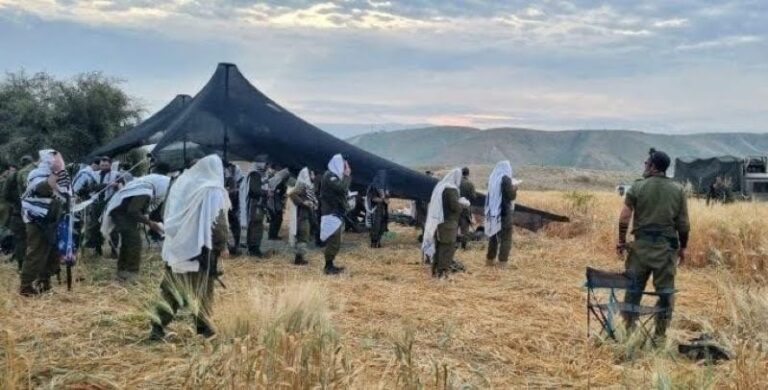

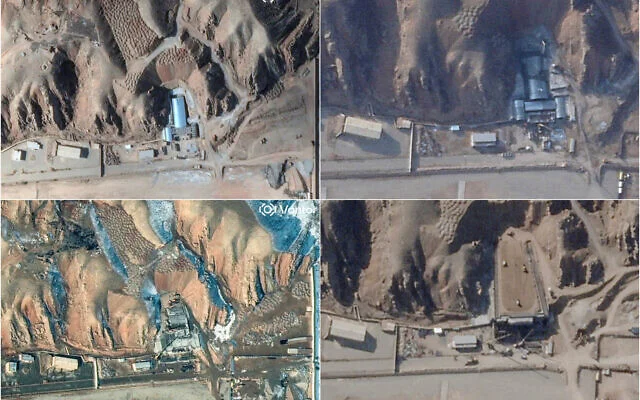

One Response
Has anyone made the observation (here or in the Gemara) that the person asuring the study of Kesuvim on Shabbos was named R Nechemia? (- even though “Sefer” Nechemia is likely a much later Christion division, Chazal considering it as part of Sefer Ezra.)